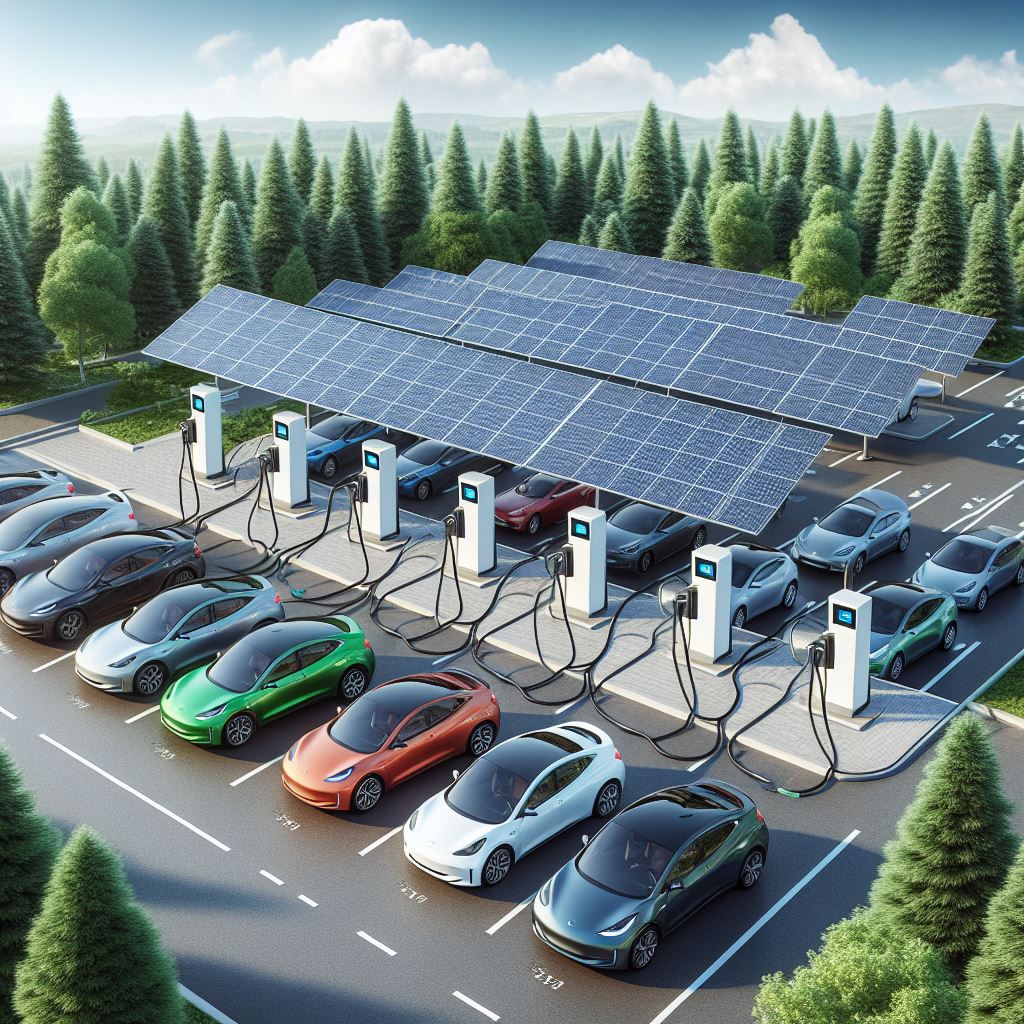Many of us are interested in electric cars nowadays. Often we ask ourselves How long does it take to fully charge an electric car? As electric vehicles (EVs) gain popularity, one of the most common questions on the minds of prospective buyers revolves around charging times. Understanding how long it takes to fully charge an electric car is crucial for planning daily routines and long-distance travel. In this comprehensive guide, we will explore the factors influencing charging times and provide insights to help you make informed decisions about your electric vehicle charging needs.

- Charging Time Basics: The time it takes to fully charge an electric car depends on several factors, including the car’s battery capacity, the charging station’s power output, and the state of charge when you begin charging. Electric vehicles typically have different charging connectors, such as Level 1 (120V), Level 2 (240V), and DC fast chargers.
- Level 1 Charging: Level 1 charging is the slowest option, using a standard household outlet (120 volts). On average, it provides around 4 miles of range per hour of charging. A full charge for an electric car with a typical range might take overnight.
- Level 2 Charging: Level 2 charging, utilizing a 240-volt outlet or a dedicated charging station, is a faster option. Charging speeds can range from 10 to 60 miles of range per hour, significantly reducing the time required for a full charge. Many EV owners install Level 2 chargers at home for convenient overnight charging.
- DC Fast Charging: DC fast charging is the quickest option available, delivering high power directly to the vehicle’s battery. Charging times with DC fast chargers can vary, but it’s common to get around 80% of the battery charged within 30 minutes. These chargers are often found along highways and in urban areas, providing a quick boost for long-distance travel.
- Battery Size Matters: The size of an electric car’s battery is a key determinant in charging times. Larger batteries take longer to charge. For example, a vehicle with a 60 kWh battery will take longer to charge than one with a 40 kWh battery, assuming similar charging conditions.
- Optimizing Charging Times: To make the most of your electric car’s charging capabilities, it’s essential to monitor the state of charge regularly. Charging from a lower state of charge to 80% is typically faster than going from 80% to 100%, as charging speed often slows down during the latter stage.
- Future Developments: The electric vehicle industry is dynamic, with ongoing advancements in charging technology. Rapid charging infrastructure is expanding, promising even faster charging times in the future. Stay informed about updates in charging technology to make the most of your electric car ownership experience.
In conclusion, the time it takes to fully charge an electric car varies based on multiple factors, including the charging level, battery size, and the charging infrastructure used. As technology evolves, charging times are expected to improve, making electric vehicles an increasingly practical and convenient choice for eco-conscious consumers. Stay informed, plan strategically, and embrace the evolving world of electric vehicle charging. We hope the article How long does it take to fully charge an electric car was helpful to you.


